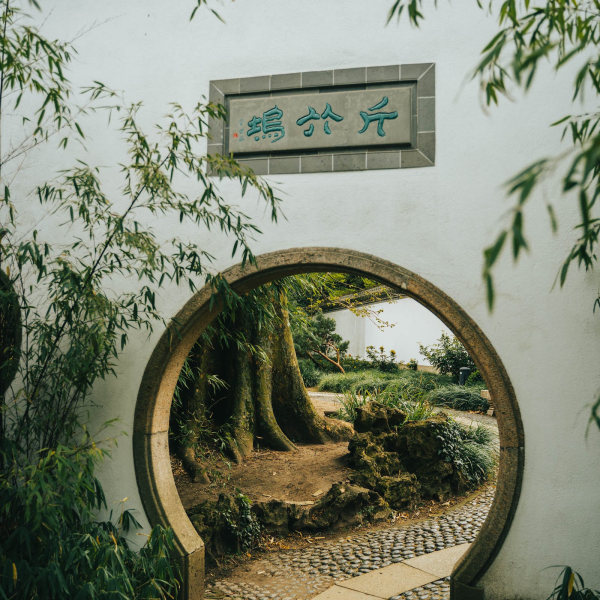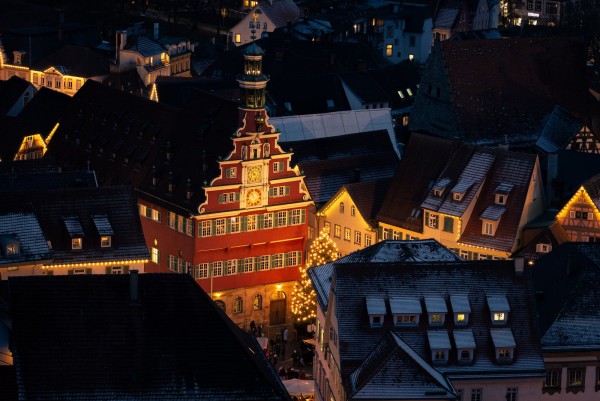东方经典书单推荐英语
As an experienced website editor, I am delighted to present a curated list of Eastern classical literature that has stood the test of time, offering profound insights into the rich cultural heritage of the East. These timeless works span various genres, including philosophy, poetry, history, and fiction, and provide a window into the wisdom and literary mastery of Eastern civilizations. Whether you are a literature enthusiast or simply looking to expand your knowledge, this selection of Eastern classics is sure to captivate and inspire.
1. "The Analects" by Confucius (China) - This seminal work is a collection of sayings and ideas attributed to the great Chinese philosopher Confucius, who lived in the 6th century BCE. The Analects focuses on moral philosophy, ethics, and political theory, offering guidance on how to live a virtuous and fulfilling life. It has profoundly influenced Chinese culture and continues to resonate with readers worldwide.
2. "The Tao Te Ching" by Laozi (China) - attributed to the 6th-century BCE philosopher Laozi, the Tao Te Ching is a foundational text of Taoism, a Chinese philosophical and religious tradition. The work explores the concept of Tao (the Way), advocating for a life of simplicity, humility, and harmony with the universe. Its poetic and enigmatic verses have inspired countless interpretations and continue to fascinate readers to this day.
3. "The Ramayana" by Valmiki (India) - written in Sanskrit, the Ramayana is one of the two major epics of ancient India, alongside the Mahabharata. It tells the story of Rama, a prince who embarks on a quest to rescue his wife Sita from the clutches of the demon king Ravana. The Ramayana explores themes of love, duty, and righteousness, offering a captivating narrative that has been passed down through generations.
4. "The Mahabharata" by Vyasa (India) - another Indian epic, the Mahabharata is one of the longest and most influential works in world literature. It narrates the tale of a great war between two families, the Pandavas and the Kauravas, and delves into themes of family, friendship, and moral dilemmas. The Mahabharata also contains the Bhagavad Gita, a profound philosophical dialogue between Prince Arjuna and the god Krishna.
5. "The Tale of Genji" by Murasaki Shikibu (Japan) - written in the early 11th century, this classic work is often considered the world's first novel. The Tale of Genji follows the life of Hikaru Genji, a member of the Japanese imperial court, and offers a vivid portrayal of Heian-era society. It is a richly detailed exploration of human emotions, relationships, and the complexities of court life.
6. "The Platform Sutra" by Huineng (China) - attributed to the 7th-century Chinese Zen master Huineng, the Platform Sutra is a key text in the Chán (Zen) Buddhist tradition. It presents Huineng's teachings on the nature of mind, the practice of meditation, and the direct experience of enlightenment. The Platform Sutra has played a significant role in shaping the development of Zen Buddhism in China and beyond.
7. "One Hundred Poets, One Poem Each" (Japan) - compiled in the 13th century, this collection brings together tanka poems by 100 Japanese poets, spanning several centuries. It offers a beautiful sampling of Japanese poetic tradition, capturing the essence of the tanka form and showcasing the emotional depth and elegance of the language.
These Eastern classics offer a glimpse into the rich literary traditions of the East, providing readers with a treasure trove of wisdom, beauty, and profound insights. By exploring these works, one can gain a deeper understanding of Eastern cultures and their lasting impact on the world of literature.
- • 朋友圈文案添加书单
- • 分享书单朋友圈文案
- • 纳瓦尔宝典推荐的书单
- • 药学考研教材推荐书单
- • 小王的宝藏书单推荐










